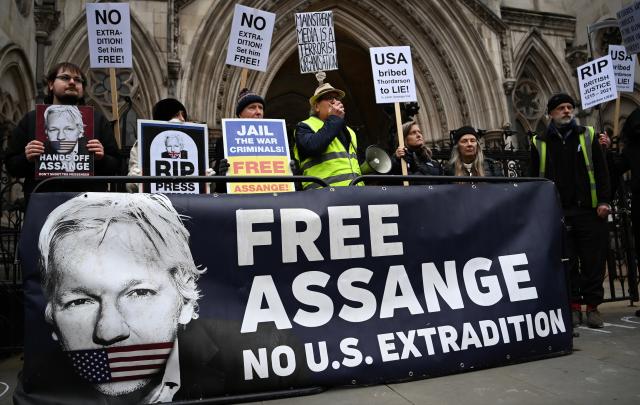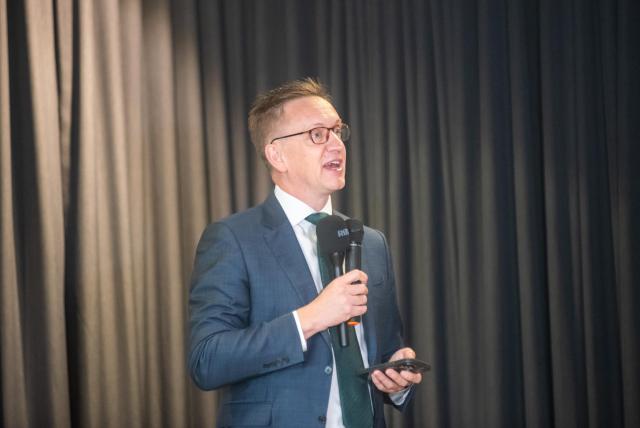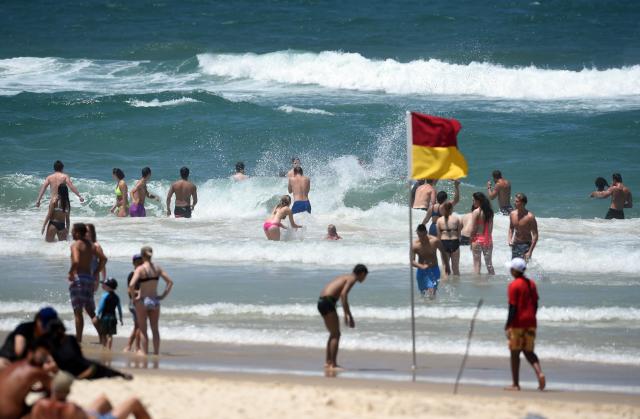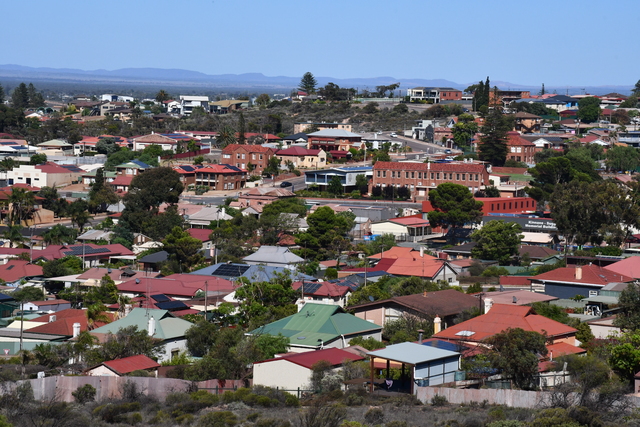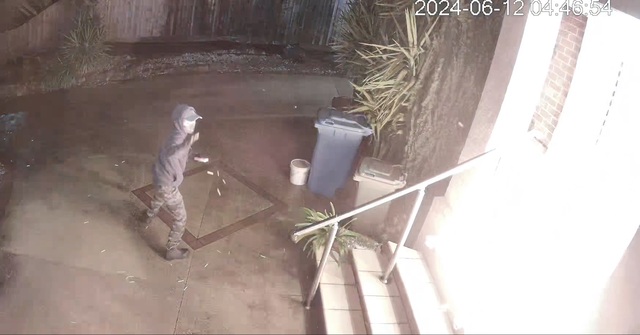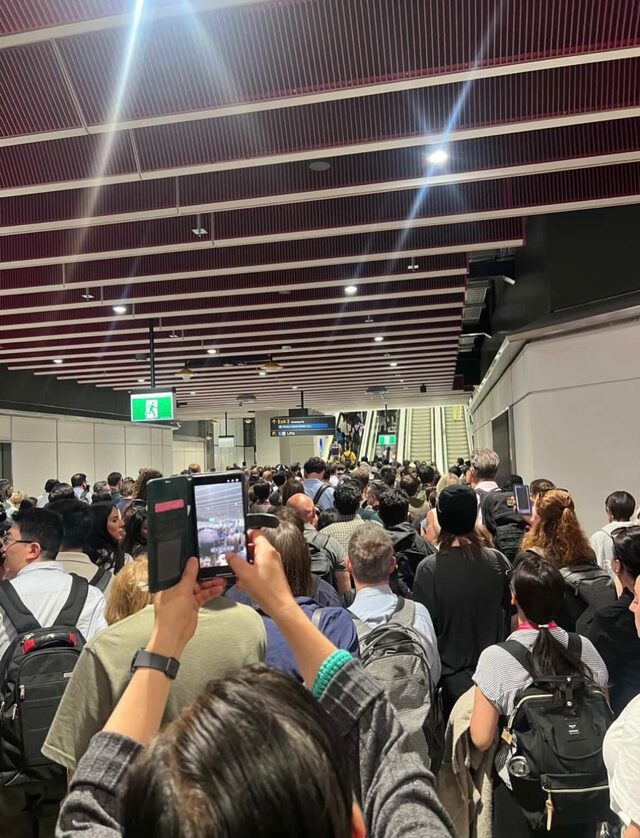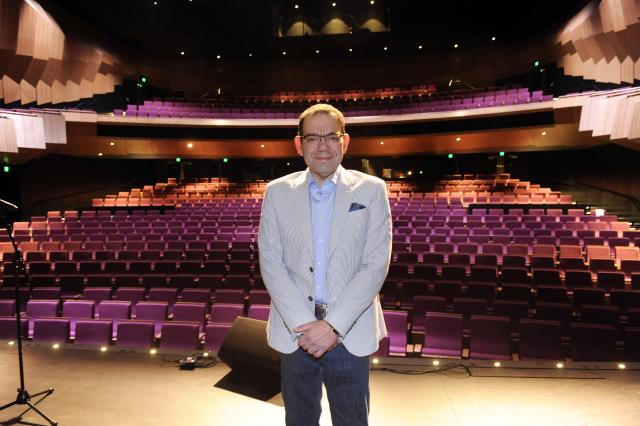Bruce MP Julian Hill says no one should judge the newly-freed Julian Assange for accepting a plea-deal with the US Government for his imminent return to Australia.
A steadfast Assange supporter, Mr Hill had often spoken out for the accused WikiLeaks founder – who formerly lived in the Dandenong Ranges.
“It’s an enormous relief for Julian’s family and supporters that the matter has come to a close, and that we can say this Australian is a free man that can get on with his life.”
After more than 12 years either in exile or in prison, Assange was declared a free man on 26 June after a dramatic, hasty chain of events.
The day before he was released from Belmarsh Prison in the UK. He then flew out by charter to face a court in the US-territory Northern Mariana Islands.
At the Saipan District Court, Assange pled guilty to a single espionage charge and the chief judge agreed to a plea deal of 62 months jail already served at Belmarsh.
“No one should judge Julian for accepting a deal to get the hell out of there and come home,” Mr Hill said.
“His health is fragile.
“Whatever you think of Assange, he is an Australian and enough is enough.”
Prime Minister Anthony Albanese deserved “enormous personal credit for his judgement and determination, never giving up in pursuing resolution of this case”, Mr Hill said.
After the hearing, Assange’s lawyer Jennifer Robinson singled out Australian Government leaders for their interventions, including Attorney-General and Isaacs MP Mark Dreyfus.
In 2021 Mr Dreyfus declared the ALP’s position that it was time for the US extradition case to be brought to an end due to Assange’s ill health.
In a statement after Assange’s release, Mr Dreyfus said: “I am pleased this long saga is now over and he is finally coming home.”
Assange had been facing extradition to the US on espionage charges relating to the bulk-publication of more than 500,000 classified documents on the Iraq and Afghanistan wars, Guantanamo Bay prisoners and government cables.
His potential punishment was speculated to span many decades in prison or the death penalty.
Prior to his arrest and detention, he’d gone into refuge at the Ecuadorian embassy in London in 2012.

